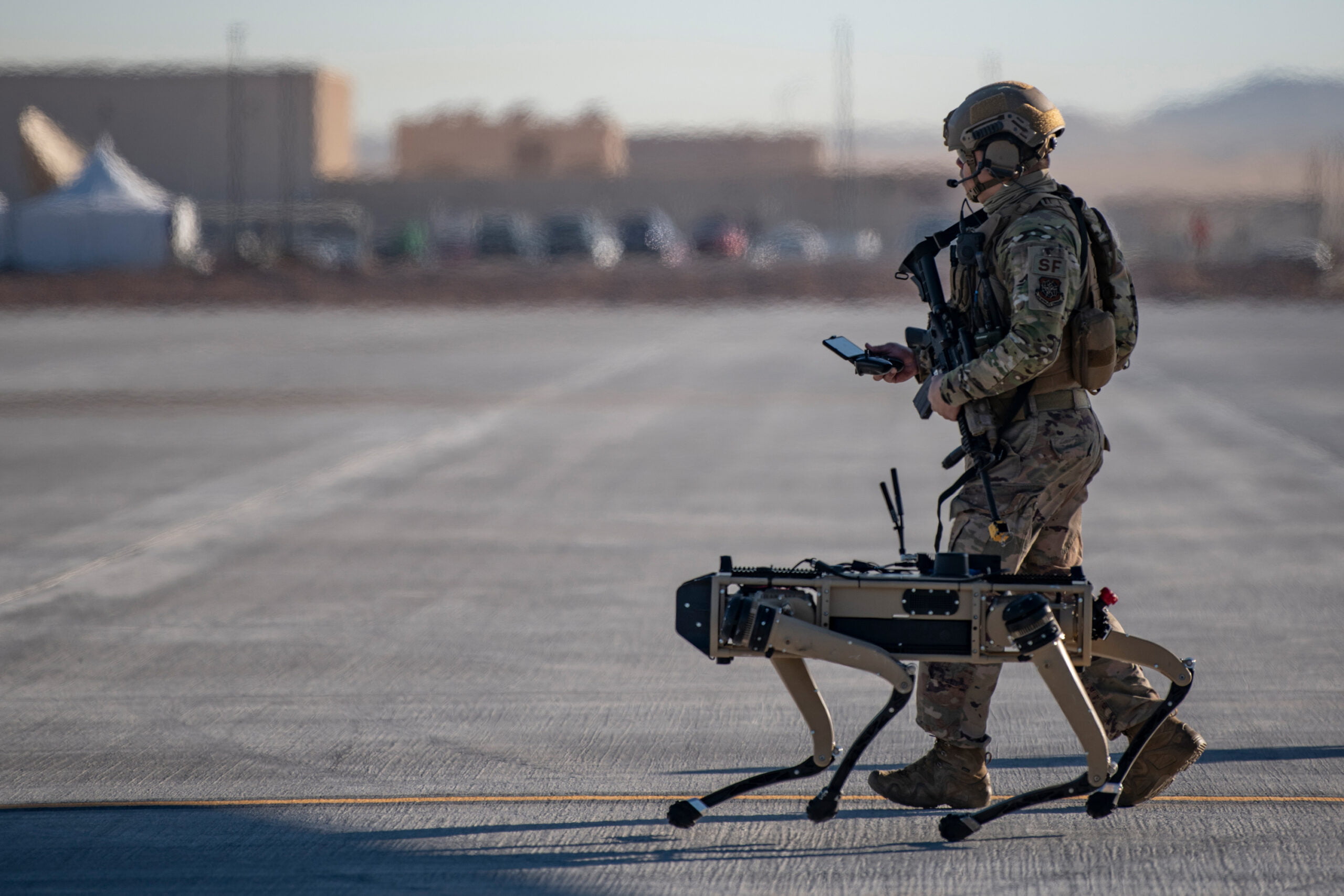
AI Advances Fueling Autonomous Warfare ConcernsAI Advances Fueling Autonomous Warfare Concerns The rapid advancements in artificial intelligence (AI) have fueled concerns over the potential for autonomous warfare systems. As AI algorithms become more sophisticated, the possibility of self-governing weapons that operate without human oversight is becoming increasingly plausible. Autonomy Levels and Ethical Implications AI autonomy in warfare systems can be classified into different levels, ranging from minimal guidance to full self-governance. At the lower end of the spectrum, AI systems assist human operators by providing situational awareness, target identification, and decision-making support. However, as AI capabilities expand, systems could theoretically reach higher levels of autonomy, where they could select and engage targets, execute maneuvers, and even determine the overall strategy for warfare. The ethical implications of autonomous warfare are profound. Critics argue that such systems could violate fundamental human rights, including the right to a fair trial and the prohibition of indiscriminate attacks. They also raise concerns about the possibility of bias, discrimination, and unintended consequences. Global Regulation and Governance The potential risks posed by autonomous warfare have prompted calls for global regulation and governance. The United Nations formed a Group of Governmental Experts to discuss the issue, and several countries, including the United Kingdom and Germany, have developed national policies on AI in warfare. One key issue is defining the appropriate level of human oversight for autonomous systems. Experts suggest that humans should retain ultimate responsibility for decision-making and the use of lethal force. This can be achieved through various mechanisms, such as requiring human approval before weapons are deployed or by implementing strict accountability measures. Balancing Innovation and Security While the concerns about autonomous warfare are significant, it is important to note that AI also has the potential to improve military capabilities and reduce risks to human personnel. For example, AI-powered systems could enhance situational awareness, improve target discrimination, and accelerate decision-making, potentially reducing civilian casualties and increasing efficiency. The challenge is to balance the potential benefits of AI in warfare with the need to mitigate the risks. This requires a comprehensive approach that involves global collaboration, ethical guidelines, and robust regulation. By carefully navigating these issues, policymakers can harness the power of AI while ensuring that it is used responsibly and in accordance with humanitarian principles.
Posted inNews